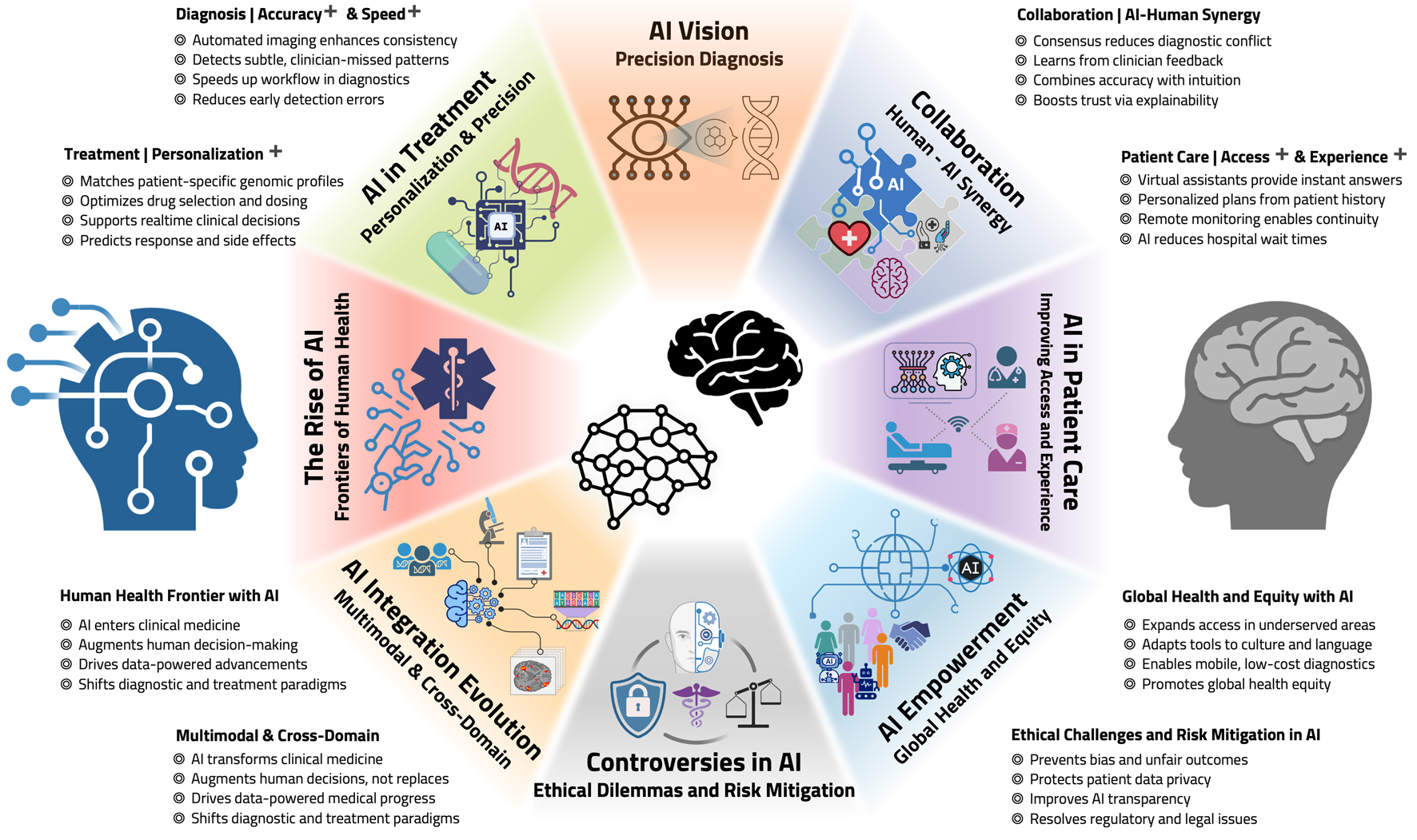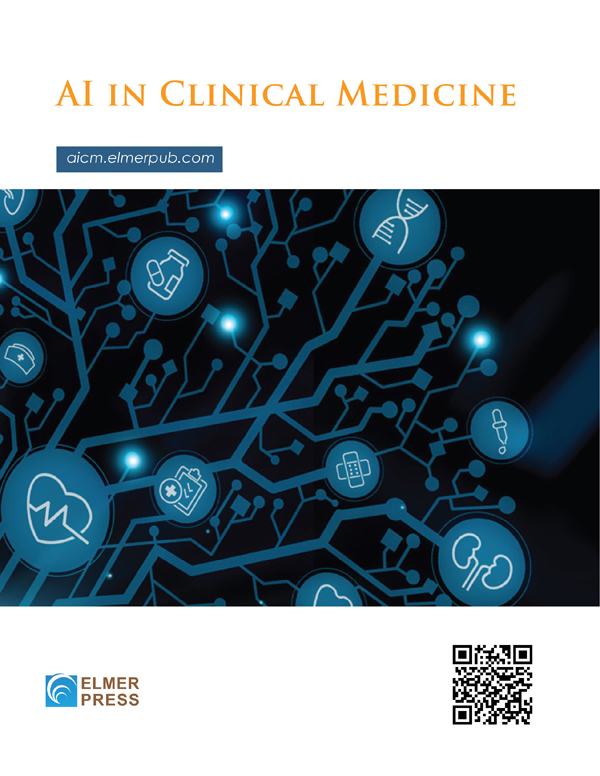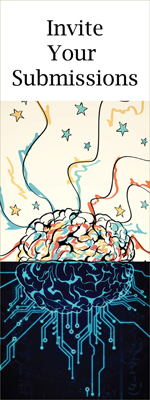Artificial Intelligence in Clinical Medicine: Transforming Diagnosis, Treatment, and Patient Care
DOI:
https://doi.org/10.14740/aicm3Keywords:
Artificial intelligence, Clinical medicine, Precision medicine, Diagnostic accuracy, Ethical challengesAbstract
Artificial intelligence (AI) is revolutionizing clinical medicine by enhancing diagnostic accuracy, personalizing treatment, and optimizing patient care. In diagnostics, AI-powered systems, such as deep learning models for mammography and dermatology, have demonstrated human-comparable or superior performance, reducing errors and improving early disease detection. In treatment, AI facilitates precision medicine through clinical decision support systems (CDSS) and pharmacogenomics, enabling tailored therapies and accelerating drug discovery. AI also improves patient care via virtual health assistants, remote monitoring, and hospital workflow optimization, increasing accessibility and efficiency. However, challenges such as algorithmic bias, data privacy, transparency, and regulatory hurdles must be addressed to ensure ethical and equitable AI deployment. Future directions include multimodal AI integration, human-AI collaboration, and expanding global health applications to bridge healthcare disparities. As AI continues to evolve, its responsible implementation will be critical in shaping a more predictive, personalized, and inclusive healthcare paradigm.

Published
Issue
Section
License
Copyright (c) 2025 The authors

This work is licensed under a Creative Commons Attribution-NonCommercial 4.0 International License.






